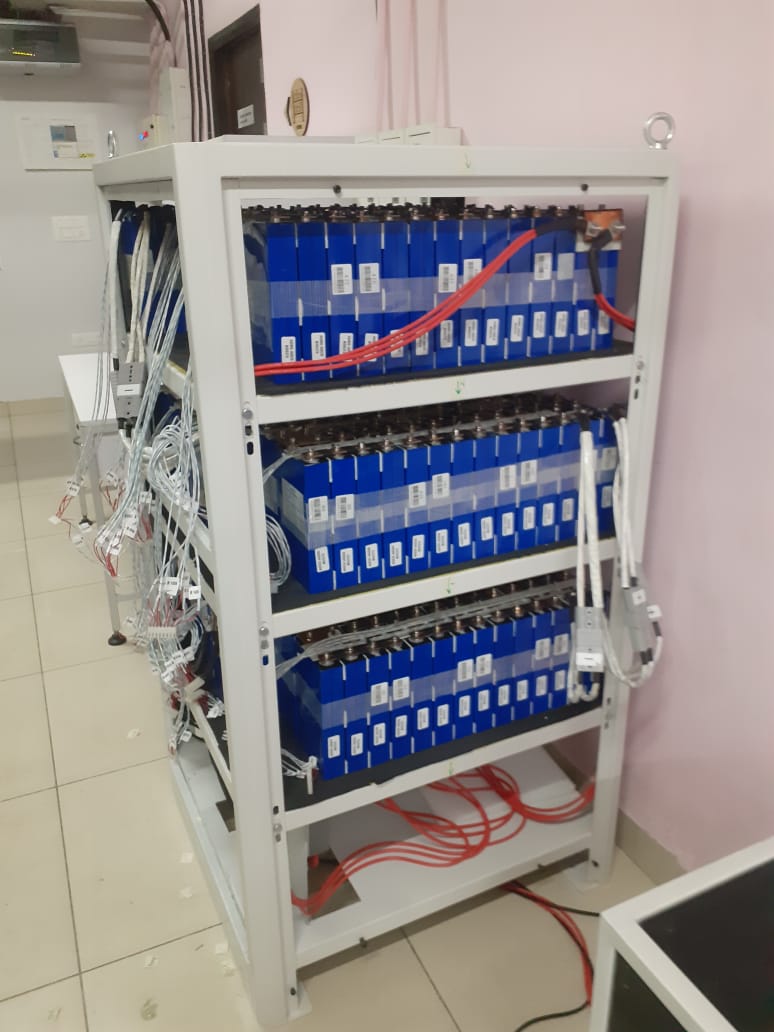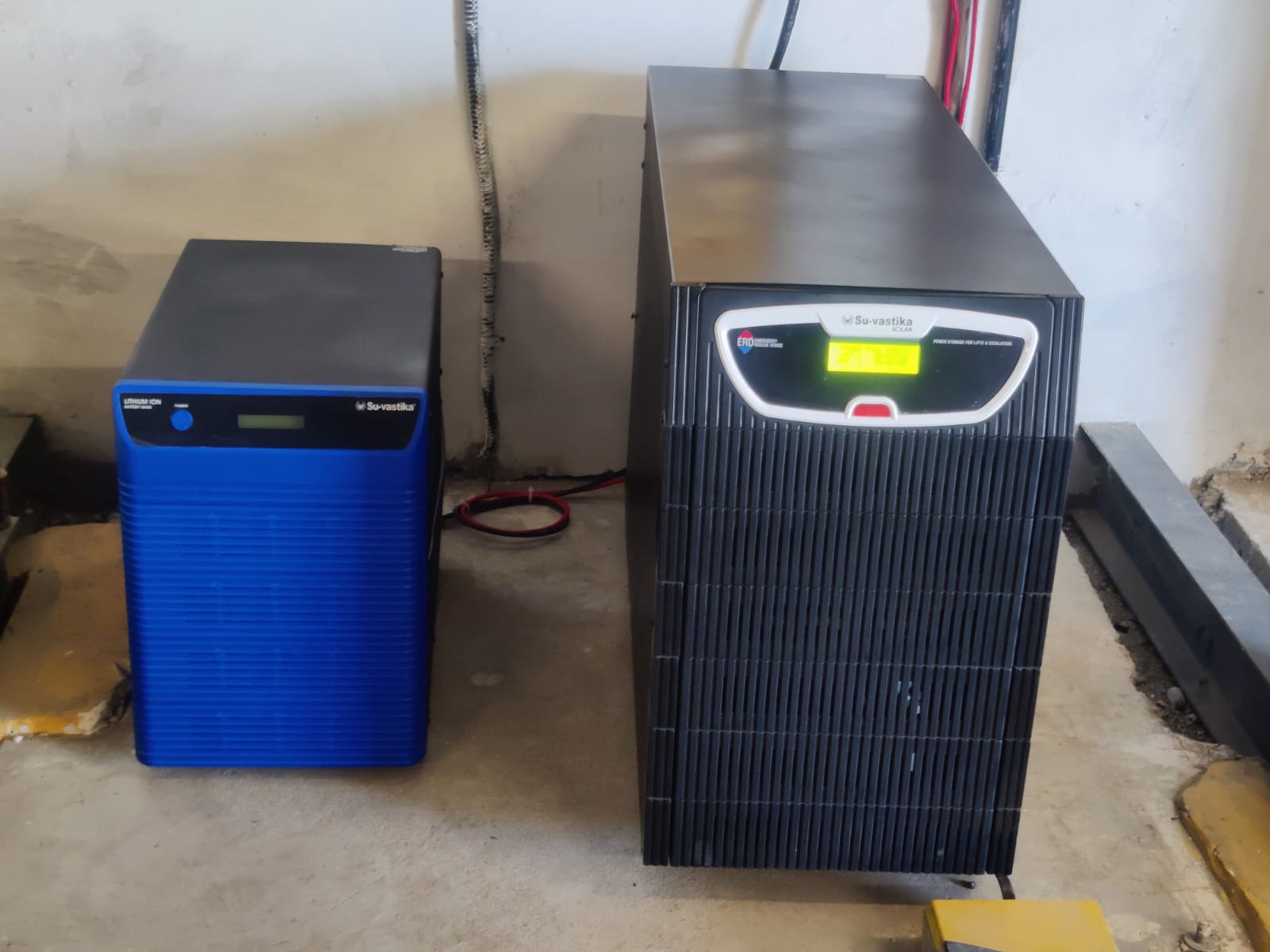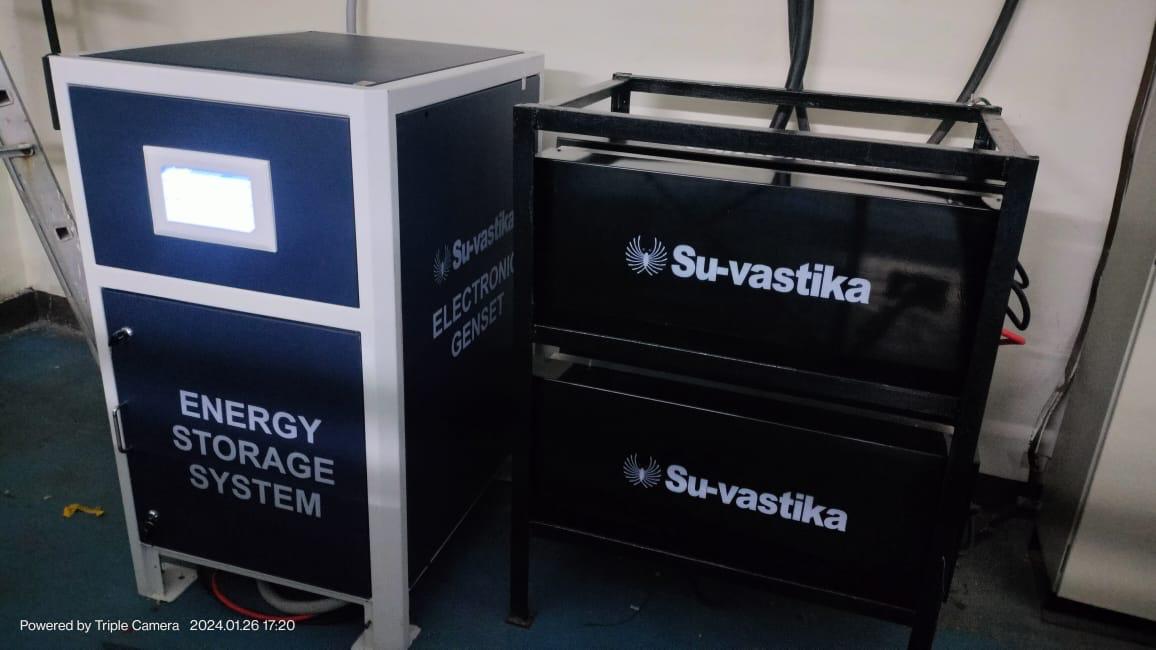
BMS stands for Battery Management System. It is an electronic system that manages a rechargeable battery. https://en.wikipedia.org/wiki/Battery_management_systemA BMS is typically required to control the batteries installed in series in a battery bank. This is required for Lead Acid batteries, Lithium batteries of all types and generally, the battery bank made of several cells in a series requires the BMS, As the cells installed in series or parallel in a battery bank need to have similar voltages when charged and discharged if the cell voltage varies beyond a certain limit than the one or two cells get over charged or under charged which creates an imbalance in the battery bank. If these cells are not balanced in time, then these cells will make the battery unusable. And its main advantages are:
- Monitor the battery’s state of charge (SOC), voltage, current, temperature, and other parameters.
- Protect the battery from operating outside its safe operating area.
- Balance the cells in the battery pack to ensure they all have the same voltage.
- Optimize the battery’s performance.
- If that feature is activated, report the battery’s status to an external device.
- The BMS is required for most battery types if the cells are in series in a battery bank.

Lithium battery bank
There are two main types of BMSs: centralized and distributed. A centralized BMS uses one control unit to manage all of the battery cells in the system. A distributed BMS uses multiple control units to manage the battery cells in the system.
BMSs are used in a variety of applications, including:
- Electric vehicles
- Hybrid electric vehicles
- Solar power systems
- Uninterruptible power supplies (UPSs)/Inverters
- Portable devices
- Industrial machinery
BMSs ensure rechargeable batteries’ safety, reliability, and performance.
Here are some of the benefits of using a BMS:
- Improved battery safety: A BMS can prevent the battery from overcharging, over-discharging, overheating, and other conditions that can damage the battery.
- Extended battery life: A BMS can help extend the battery’s lifespan by preventing it from operating outside its safe area.
- Improved battery performance: A BMS can optimize the battery’s performance by balancing the cells and managing the battery’s temperature.https://suvastika.com/battery-management-system-bms-for-lead-acid-battery/
- Reduced maintenance costs: A BMS can help to reduce maintenance costs by preventing battery failures.
- Increased uptime: A BMS can help increase uptime by preventing battery failures and ensuring that the battery always operates optimally.






